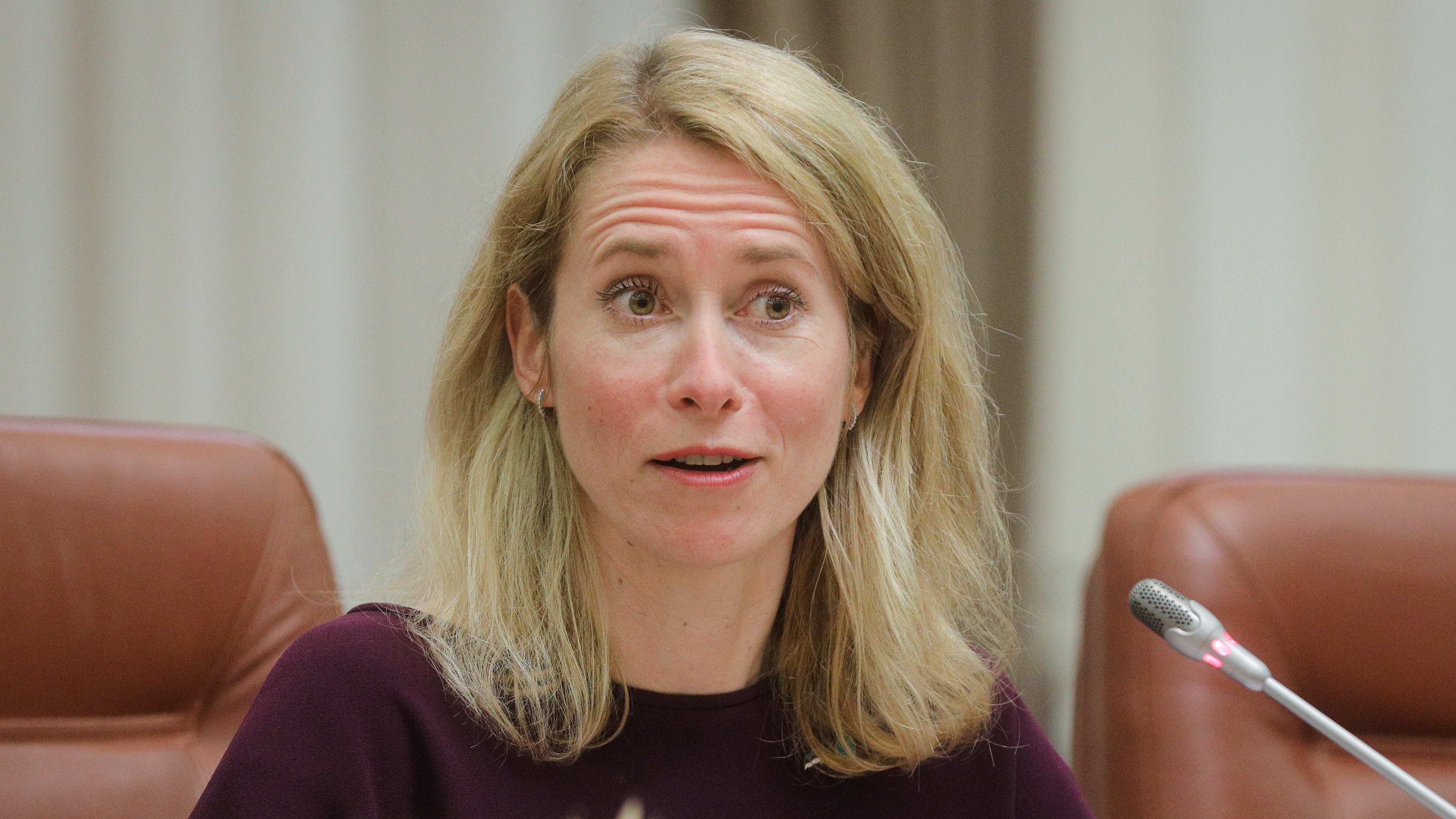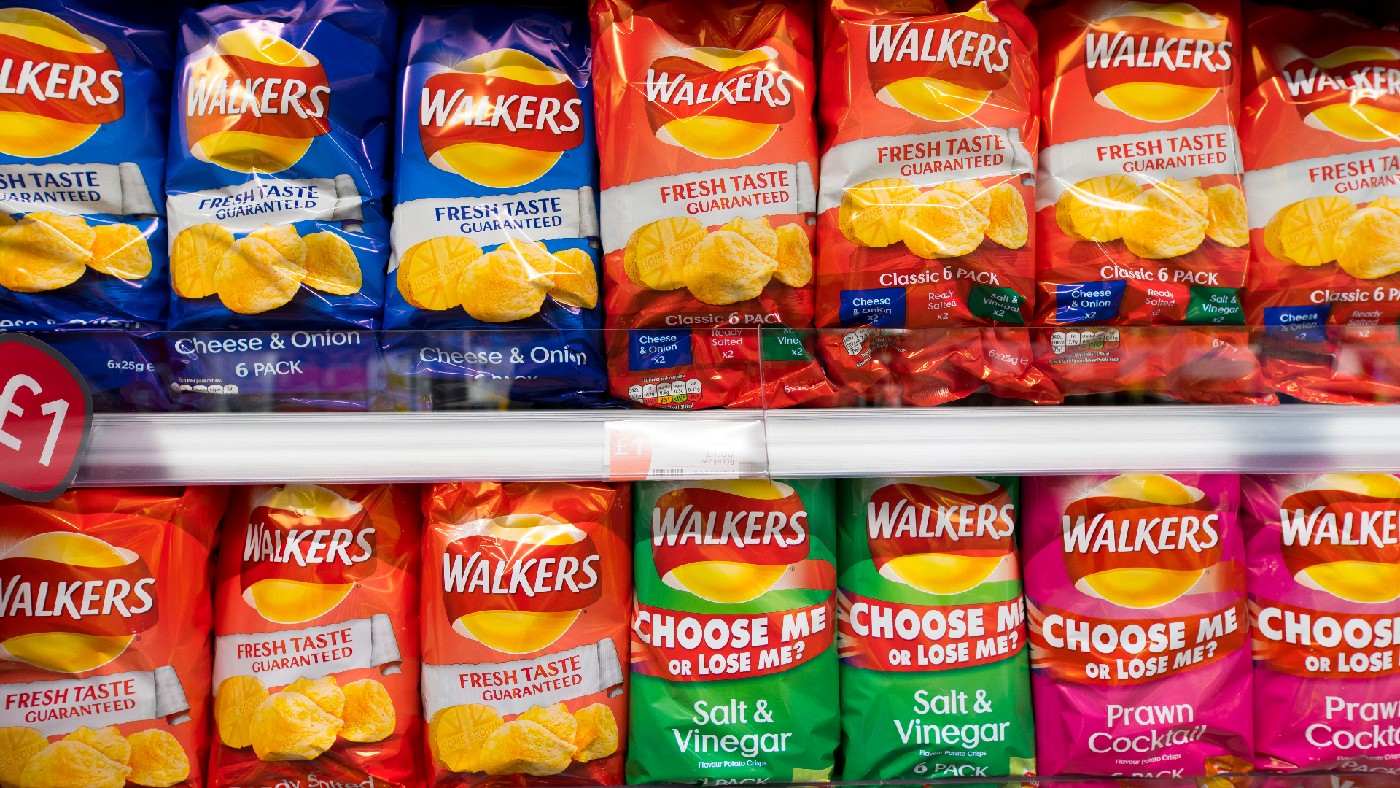Saudi Aramco: Can London's reputation be both had and sold?
FCA's proposed changes to stock market listings seen as reflecting the new reality of life after Brexit

A free daily email with the biggest news stories of the day – and the best features from TheWeek.com
You are now subscribed
Your newsletter sign-up was successful
Britain is "aggressively" marketing itself to the Saudi monarchy in a bid to win the world's largest ever stock market listing for state oil firm Saudi Aramco, says the New York Times.
If that sounds like a cynical way of reporting a change to the listing rules proposed by the Financial Conduct Authority (FCA) yesterday, the Times was not alone.
The Guardian says the City regulator is "proposing to water down stock market rules"; in two separate articles the Financial Times referred to the changes as "rolling out the red carpet" for the Saudi state oil firm and "debasing" the London market.
The Week
Escape your echo chamber. Get the facts behind the news, plus analysis from multiple perspectives.

Sign up for The Week's Free Newsletters
From our morning news briefing to a weekly Good News Newsletter, get the best of The Week delivered directly to your inbox.
From our morning news briefing to a weekly Good News Newsletter, get the best of The Week delivered directly to your inbox.
Most commentators agree, though, that the proposed rule changes and the potential flotation should be seen in the context of London's new economic reality ahead of Brexit.
So what is going on - and is it really as bad as it sounds?
What is the regulator proposing?
The FCA wants to create a new "premium" listing category to accommodate state-backed companies that want the prestige of the gold standard kitemark but are unwilling to relinquish control over director appointments and public sector deals.
A free daily email with the biggest news stories of the day – and the best features from TheWeek.com
As long as they continue to meet all of the other requirements, firms in this segment will be exempted from third party and controlling shareholder rules.
What that means in practice is that Saudi Aramco can get a premium listing despite floating only five per cent of shares - instead of 25 per cent as now - and can enter into deals with other state firms without needing independent shareholder approval.
A further change will mean that depository receipts - "a secondary form of share that typically references stock listed on a home exchange", says the FT - qualify for premium listing. At the moment only equity shares can be used for this purpose.
Again, that could almost be tailored for Saudi Aramco, which has said it will seek a primary listing on its home Tadawul exchange and a secondary listing elsewhere.
Why is it making these changes?
The FCA has been consulting on changes to its listing rules since February, in an effort to "address the needs of international companies that want to list in the UK".
It says the "current listing regime does not, in some respects, easily accommodate issuers with sovereign controlling shareholders".
In short, the rules it is proposing to soften for this new category are those that were introduced after scandals involving private firms controlled by the likes of Russian oligarchs, who might act counter to the interests of wider shareholders.
"Sovereign owners tend to be different from private sector individuals or entities in both their motivations and their nature," the FCA says.
But for many commentators the reasons are much more avaricious.
More charitably, fund managers who were apparently coming round to the compromises coming down the line said back in June that ahead of Brexit the "political will" to attract the IPO was too strong to fight, says City AM.
How does it benefit the UK?
Theresa May and London Stock Exchange chief Xavier Rolet visited Saudi Arabia earlier this year to court the ruling royal family and win the deal.
Crown prince Mohammed bin Salman, who The Economist says is the "architect of the IPO", wants to achieve a total company valuation of $2trn (£1.5trn) - and he's even introduced specific tax cuts to boost earnings and help achieve that goal.
That would make the IPO four times larger than the biggest listing in the world to date, that of China’s ecommerce giant Alibaba in 2014.
There's prestige in that - and a big political win for a country that is about to leave the world's largest single market when Brexit happens in a couple of years.
There will also be big fees: if that valuation is achieved, the float will be worth around $100bn (£77bn), meaning hundreds of millions of pounds in fees for investment bankers, lawyers and other professional firms.
Will the UK win?
The general feeling now is that the choice has come down to London and New York. Others, including Tokyo, Hong Kong and Singapore, were in the mix but it's thought their capital markets are too shallow.
In that respect New York should win. "Listed companies on the NYSE have a combined market capitalisation of about $20trn, versus $4trn on the LSE," says The Economist.
There's also a desire to get on side with Donald Trump - and apparently the White House has let it be known that it wants to see the deal done stateside.
But there are also concerns about the litigious nature of the US, especially for a Saudi company. Last year a class action lawsuit brought by the families of victims of the September 11 attacks against Saudi Arabia was granted permission to proceed by Congress.
Britain and the globally aspirational London Stock Exchange, one of the largest in the world after a number of deals in recent years, are still hopeful of winning the day.
What are the risks?
Quite simply that the London market's global reputation for ensuring high standards of corporate governance will take a hit.
The premium listing rules are "super-equivalent" with EU directives, meaning they go further than European rules demand. They are seen as a gold standard around the world - and some are worried about the impact of diluting them.
The FT argues, though, that a drift away from top corporate governance standards has been happening for some time - and that London is not alone.
"New York is arguably far worse than London on this front. And so they’ve got issues like Snap Inc, where the public shareholders have no votes at all, the price is in the toilet, and the lead underwriting bank on the IPO has admitted it sold everyone a dud."
The FCA's counter to all this is that by introducing a new category it is keeping the purity of the main segment for premium company listings.
Requirements for the FTSE indices will not change, either, so Saudi Aramco will not appear in these blue chip listings and will not be automatically added to tracker funds.
As the FT states in its leader on the subject, whether this compromise will be successful - and "whether London’s reputation can be both had and sold" - remains to be seen.
-
 Political cartoons for February 16
Political cartoons for February 16Cartoons Monday’s political cartoons include President's Day, a valentine from the Epstein files, and more
-
 Regent Hong Kong: a tranquil haven with a prime waterfront spot
Regent Hong Kong: a tranquil haven with a prime waterfront spotThe Week Recommends The trendy hotel recently underwent an extensive two-year revamp
-
 The problem with diagnosing profound autism
The problem with diagnosing profound autismThe Explainer Experts are reconsidering the idea of autism as a spectrum, which could impact diagnoses and policy making for the condition
-
 Can the UK avoid the Trump tariff bombshell?
Can the UK avoid the Trump tariff bombshell?Today's Big Question President says UK is 'way out of line' but it may still escape worst of US trade levies
-
 Five years on, can Labour's reset fix Brexit?
Five years on, can Labour's reset fix Brexit?Today's Big Question Keir Starmer's revised deal could end up a 'messy' compromise that 'fails to satisfy anyone'
-
 Why au pairs might become a thing of the past
Why au pairs might become a thing of the pastUnder The Radar Brexit and wage ruling are threatening the 'mutually beneficial arrangement'
-
 Brexit: where we are four years on
Brexit: where we are four years onThe Explainer Questions around immigration, trade and Northern Ireland remain as 'divisive as ever'
-
 Is it time for Britons to accept they are poorer?
Is it time for Britons to accept they are poorer?Today's Big Question Remark from Bank of England’s Huw Pill condemned as ‘tin-eared’
-
 Is Brexit to blame for the current financial crisis?
Is Brexit to blame for the current financial crisis?Talking Point Some economists say leaving the EU is behind Britain’s worsening finances but others question the data
-
 How Brexit handed a ‘financial boon’ to former Soviet state Estonia
How Brexit handed a ‘financial boon’ to former Soviet state EstoniaIn Depth Around 4,000 companies have set up shop in member state since UK left EU, prime minister says
-
 Why the UK is suffering a Walkers crisps shortage
Why the UK is suffering a Walkers crisps shortagefeature Production issues have forced snack giant to prioritise most popular varieties